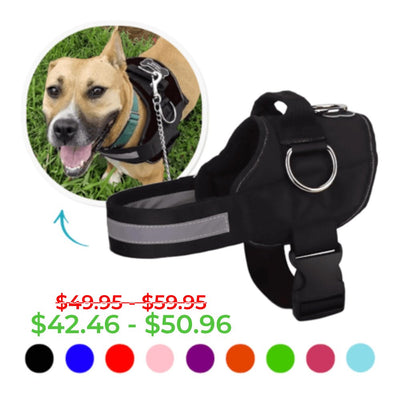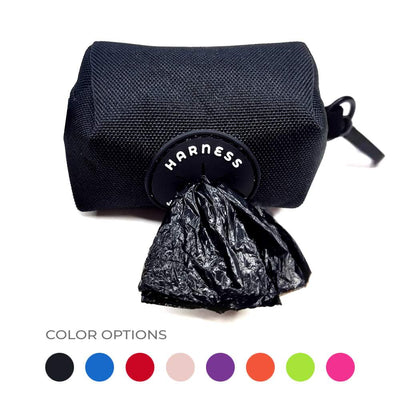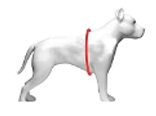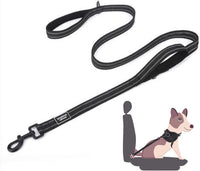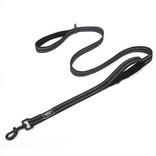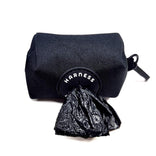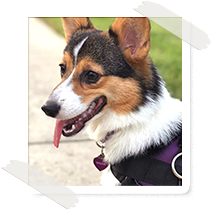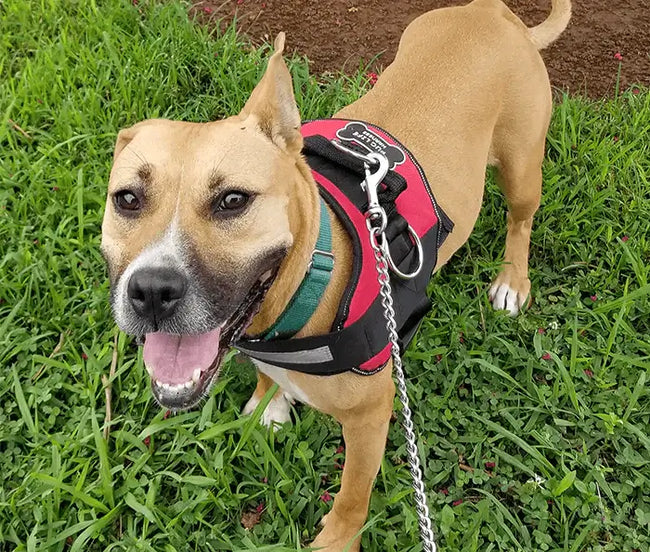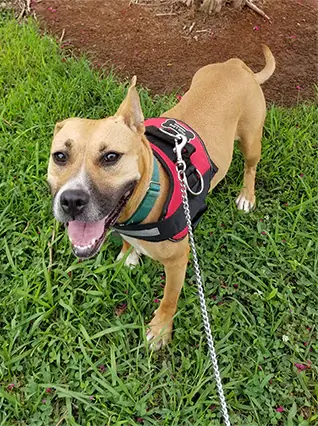Should I be concerned if my dog snores?

What’s that sound? Oop! It’s our dogs snoring.
Snoring is a common occurrence with dogs and humans alike. It is an indication that something is obstructing the airways. While snoring might seem non-threatening, there are various things to know about snoring and to be mindful of.
Let’s start with the most obvious of dog snorers, shall we?
Brachycephalic dog breeds are the most common of dogs to snore and breathe strangely even when they’re not sleeping. The term brachycephalic refers to the shape of their head being short in the face especially.
Brachycephalic dog breeds include but are not limited to…
- Pekingese
- Pugs
- Boston Terriers
- Cavalier King Charles Spaniels
- Japanese Chin
- Brussels Griffon
- Shih Tzu
- Lhasa Apso
- French Bulldog
- English Bulldogs
- Mastiffs
Because of how these dogs are bred, they’re more likely to experience respiratory issues.
But what about non-brachycephalic breeds? Should you be concerned if they are snoring?

If your dog snores every so often, they should be fine but if it’s regular and/or excessive, it could mean one of the following.
#1: Hyperthyroidism
This is when your body overproduces the thyroid hormone and your dogs can experience this too. It’s reported to be rare with dogs and more common with cats. It can affect their metabolism, anxiety, and more. If you’re concerned about hyperthyroidism, consult with your trusted local veterinarian for info and testing.
#2: Sleep Apnea
Sleep apnea is commonly associated with obesity and can be alleviated through exercise and portion control of food. When your dog loses weight, you may see - or rather hear - less snoring from your fur baby.
To add to that, according to Gallant, “Excess weight can put a lot of pressure on your dog's respiratory system and make it more difficult for him to breathe (both when awake and when sleeping.) Many of the medical conditions that lead to snoring can easily be treated by a veterinarian. In the case of hyperthyroidism, for example, a once-a-day pill can immediately regulate your dog's metabolism.”

#3: Allergies
Your dog’s allergies might be flaring up. In this case, allergy medications for dogs are available and it’s highly recommended to do a clean of the house to remove allergens to the best of your abilities.
#4: Sleeping Position
Your dog’s snoring might not be something concerning at all. It’s possible that the position they’re sleeping in is affecting how much they snore and how intense the snores are.
#5: Lack of Moisture
When dogs sleep with their mouths open, there’s a lot of dryness, and flaps in the throat can get stuck and block airflow. To combat this, you can set up a humidifier to provide your dog moisture while they sleep.
Worried still? Take a deep breath and connect with your trusted local veterinarian’s office for insight and assistance.



